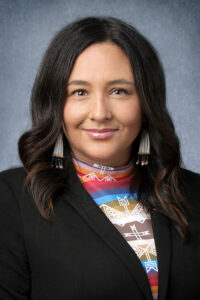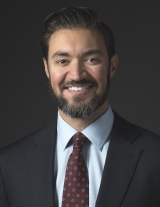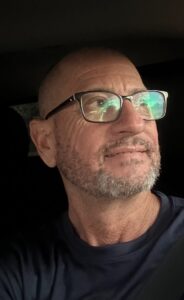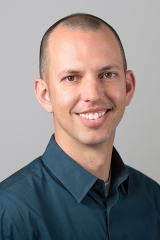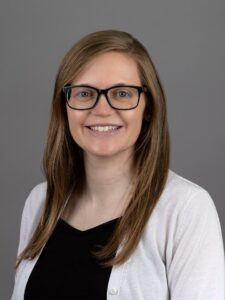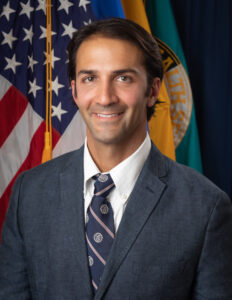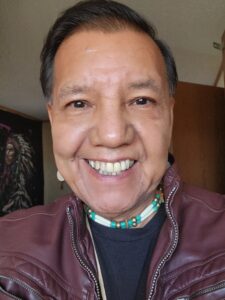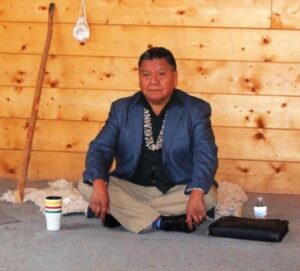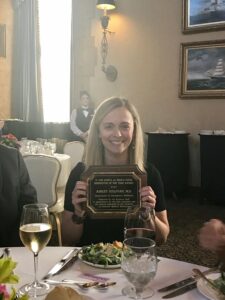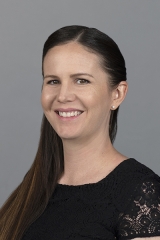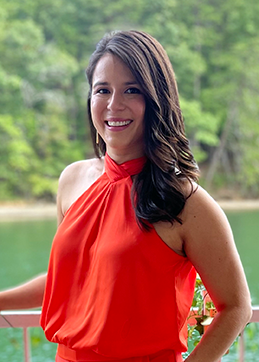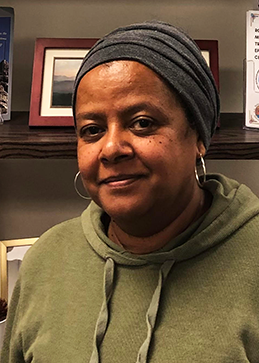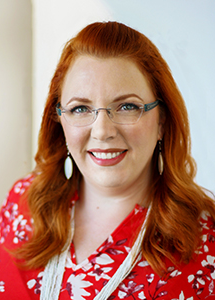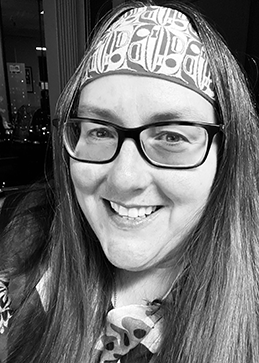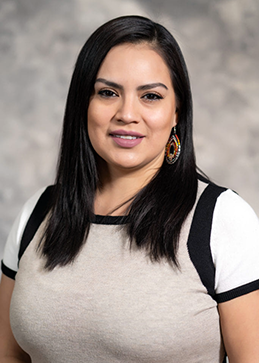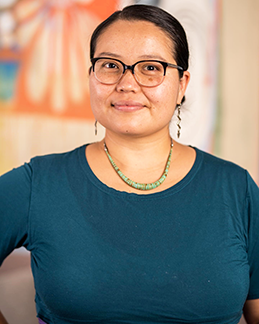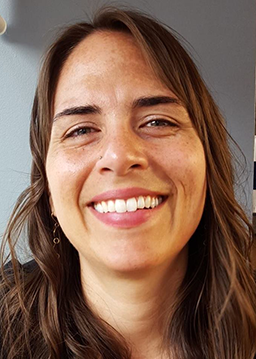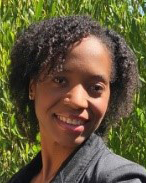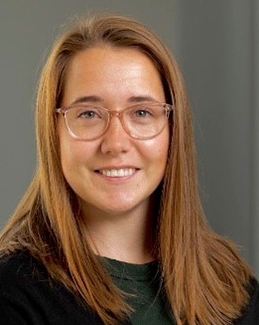Search All Resources
Managing Behaviors in Dementia and Delirium | October 10th 2024
Type: Past Presentation
Program: Clinical Dementia
Keywords: #agitation #behavior interventions #delirium
In this presentation Jessica Wright PA-C discusses managing behaviors in dementia and delirium and defines delirium and its spectrum of symptoms, discusses a framework for delirium mitigation and management, reframes behavioral symptoms as a means of communication and discusses nonpharmacologic management ...
Date added: 10/10/24
Basal Cell Carcinoma | October 15, 2024
Type: Past Presentation
Audience: Clinical
Program: Dermatology
Keywords: #basal cell carcinoma #bcc #dermatology #skin
In this session, Dr. Trevor Young, MD, third-year dermatology resident at the University of Pennsylvania, reviews the clinical presentation of basal cell carcinoma (BCC), the diagnosis and treatment of BCC, and discusses cases.
Date added: 10/9/24
Minimally Invasive Dentistry: The Case For Selective Caries Removal | October 9, 2024
Type: Past Presentation
Audience: Clinical
Program: Oral Health
Keywords: #caries #dentist #dentistry #minimally invasive dentistry #oral #selective #teeth
In this presentation, Dr. Sean Kelly, DDS, MSHS, and Dr. Miranda Davis, DDS, MPH, reviews the case for selective caries removal. Then, Dr. Matthew Wolpert serving at the Sophie Trettevick Health Center (Makah Tribe), and Dr. Taylor Wilkens serving at ...
Date added: 10/9/24
NW Elders ECHO | October 08, 2024
Type: Past Presentation
Audience: Clinical Community
Program: Elders, Knowledge Holders and Culture Keepers
Keywords: #*wholistic health #AI/AN #aian #ceremony #elders #healing #healing songs #indigenous knowledge #indigenous ways #Reconnection #story telling #Tamaya #Traditional Language #Traditional Songs #traditional stories #Traditionalmedicine #traditions
The Northwest Elders and Knowledge Keepers ECHO session took place on October 8, 2024. In this presentation, Michael Garcia, Pueblo of Tamaya (Santa Ana Pueblo) discusses "The Healing Power of Song". The faculty panel and staff members for this session ...
Date added: 10/8/24
Opioid and Substance Data among American Indian and Alaska Native People | October 3rd 2024
Type: Past Presentation
Audience: Clinical
Program: Substance Use Disorder
Keywords: #accidental overdose #data #epidemiology #opioid epidemic
This presentation created by Crisandra Wilkie, MPH and presented by Alexis Harris, MS reviews the data on national opioid and polysubstance use fatalities in contrast with specific data on the effects seen amond American Indian and Alaska Native persons. As ...
Date added: 10/4/24
Trauma Airway Management | October 9, 2024
Type: Past Presentation
Audience: Clinical
Program: IHS Trauma Rounds
Keywords: #airway #dsi #ed #emergency #er #intubation #rsi #trauma #urgent
In this presentation, Dr. Christopher T. Stephens, MD, FAEMS, provides a comprehensive overview of rapid sequence intubation (RSI) and delayed sequence intubation (DSI). Dr. Stephens reviews physiological and pharmacological considerations and the basics of initial airway management, along with discussing ...
Date added: 10/3/24
Communications | October 1st 2024
Type: Past Presentation
Audience: Clinical
Program: Emergency Medical Services
Keywords: #communication #ems #hand off
In this presentation Dr. Whitney Barrett reviews general principles of good communication, discusses a general structure for Online medical direction report and reviews a general structure for patient handoffs.
Date added: 10/1/24
Clinical Support and Oversight of CHAP Providers 101 | October 8, 2024
Type: Past Presentation
Program: CHAP ECHO Learning Collaborative
Keywords: ##DHA #BHA #CHA #chr #tchp #tribal community health provider
In this series of presentations, Lisa Griggs, Tribal Community Health Provider Project (TCHP) Manager at the Northwest Portland Area Indian Health Board (NPAIHB), provides an overview of the TCHP project. Then Miranda Davis, DDS, MPH Northwest Dental Health Aide Program ...
Date added: 10/1/24
Providing Support to Indigenous Families Impacted by Pregnancy Loss and Stillbirth | October 22, 2024
Type: Past Presentation
Audience: Clinical
Program: Care and Access for Pregnant People
Keywords: #pregnancy #pregnancy loss #stillbirth
October is Pregnancy and infant loss awareness month and our topic for this month is on pregnancy loss and stillbirth. While this is not easy to discuss, we feel it is important to share this information to honor people’s experiences ...
Date added: 09/30/24
Journey to Health ECHO | September 26, 2024
Type: Past Presentation
Audience: Clinical Community
Program: Journey to Health
Keywords: #*Indigenous health #*tribalsupport #*wholistic health #AI/AN healthcare #aian #american indian #backtoschool #Clinical medicine #healthcare #indigenous #Indigenous Communities #Nativeschools #Reflections #Tribal health #wellness
In this presentation, Alison "Al" Whitemore, LCSW, RPT (Round Valley Indian Tribes) discusses "Back to School - Reflections on Tribal Support"
Date added: 09/27/24

